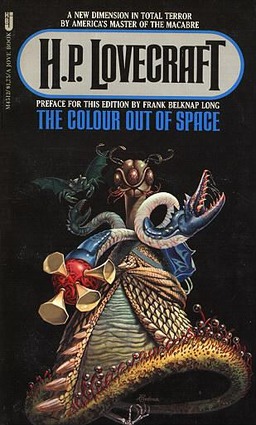New Treasures: Seeker’s Bane by P.C. Hodgell
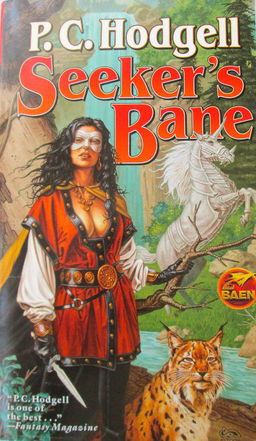 Sometimes it’s handy being editor of Black Gate. For one thing, it sure keeps you in-the-know on great books. I was editing Fletcher Vredenburgh’s enthusiastic review of P. C. Hodgell’s God Stalk last October, which begins thusly:
Sometimes it’s handy being editor of Black Gate. For one thing, it sure keeps you in-the-know on great books. I was editing Fletcher Vredenburgh’s enthusiastic review of P. C. Hodgell’s God Stalk last October, which begins thusly:
Out of the haunted north comes Jame the Kencyr to Rathilien’s greatest city, Tai-Tastigon. From the hills above, the city appears strangely dark and silent. She arrives at its gates with large gaps in her memory and cat claws instead of fingernails. She’s carrying a pack full of strange artifacts, including a ring still on its owner’s finger… and she’s been bitten by a zombie. Wary, but in desperate need of a place to heal, Jame enters the city. So begins God Stalk, the first book in P.C. Hodgell’s Kencyrath series and one of my absolute, bar none, don’t-bother-me-if-you-see-me-reading-it, favorite fantasy novels…
I’m so grateful Carl gave me this book thirty years ago. P.C. Hodgell seems so far below the general fantasy radar, I don’t know if I would have ever heard of her at all, which is pretty darn shameful.
Ha, I thought smugly, looking at my bookcase. Maybe she’s below the radar for most folks, but I’ve got my copy right here. Fletcher continued:
Following God Stalk came the 1985 sequel, Dark of the Moon… It’s taken nearly thirty years for the next four books to appear: Seeker’s Mask, To Ride a Rathorn, Bound in Blood, and Honor’s Paradox.
Wait, what? There are sequels? Like, five sequels? How did I not know? Are they out of print? Gahhh!
Fortunately, Baen Books to the rescue. Baen has collected the first four novels in two handsome mass market paperbacks: The God Stalker Chronicles (January 2010) and Seeker’s Bane (August 2010), both still in print. They’re a great way to get started on this terrific series, which Hodgell and Baen are continuing — I note the seventh volume, The Sea of Time, was just published last month. I just bought Seeker’s Bane and it’s a fabulous bargain: 1168 pages, priced at $7.99 in paperback and $6.99 for the digital version. The covers are by Clyde Caldwell. Check ’em out.
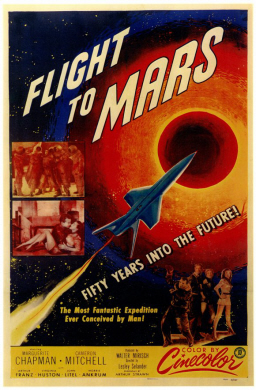
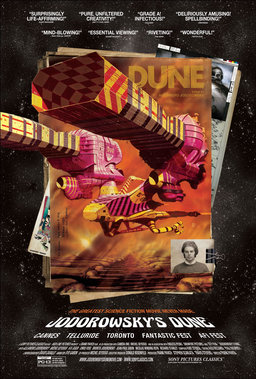
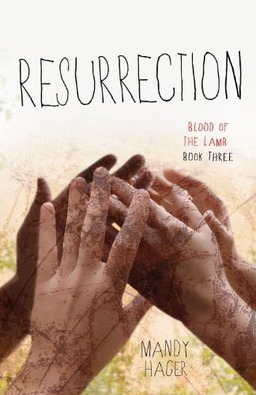
 Last night’s opening film at the seventeenth
Last night’s opening film at the seventeenth 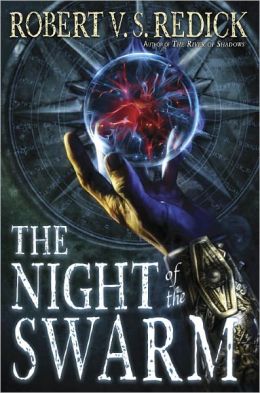
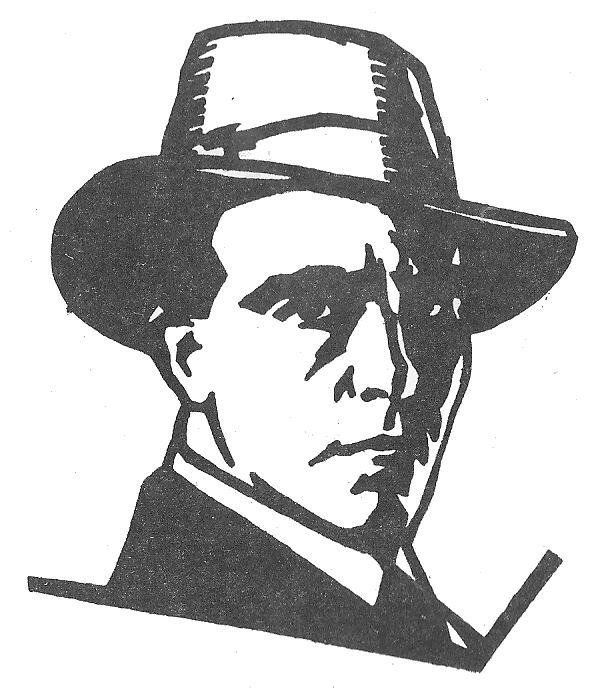
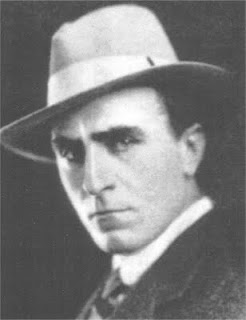

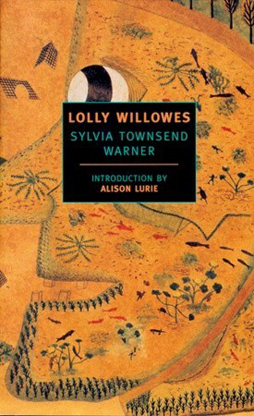 Sylvia Townsend Warner is probably best known in fantasy circles for The Kingdoms of Elfin, her collection of linked short stories from 1977. I’ve been looking for a copy of that book, but have yet to locate one (using the Internet, I firmly feel, is cheating). But I did recently come across her debut novel, 1926’s Lolly Willowes, or the Loving Huntsman. It’s been described as a deal-with-the-devil story in which a middle-aged Englishwoman makes a Satanic pact and becomes a witch. That’s accurate, but not necessarily the best description.
Sylvia Townsend Warner is probably best known in fantasy circles for The Kingdoms of Elfin, her collection of linked short stories from 1977. I’ve been looking for a copy of that book, but have yet to locate one (using the Internet, I firmly feel, is cheating). But I did recently come across her debut novel, 1926’s Lolly Willowes, or the Loving Huntsman. It’s been described as a deal-with-the-devil story in which a middle-aged Englishwoman makes a Satanic pact and becomes a witch. That’s accurate, but not necessarily the best description.